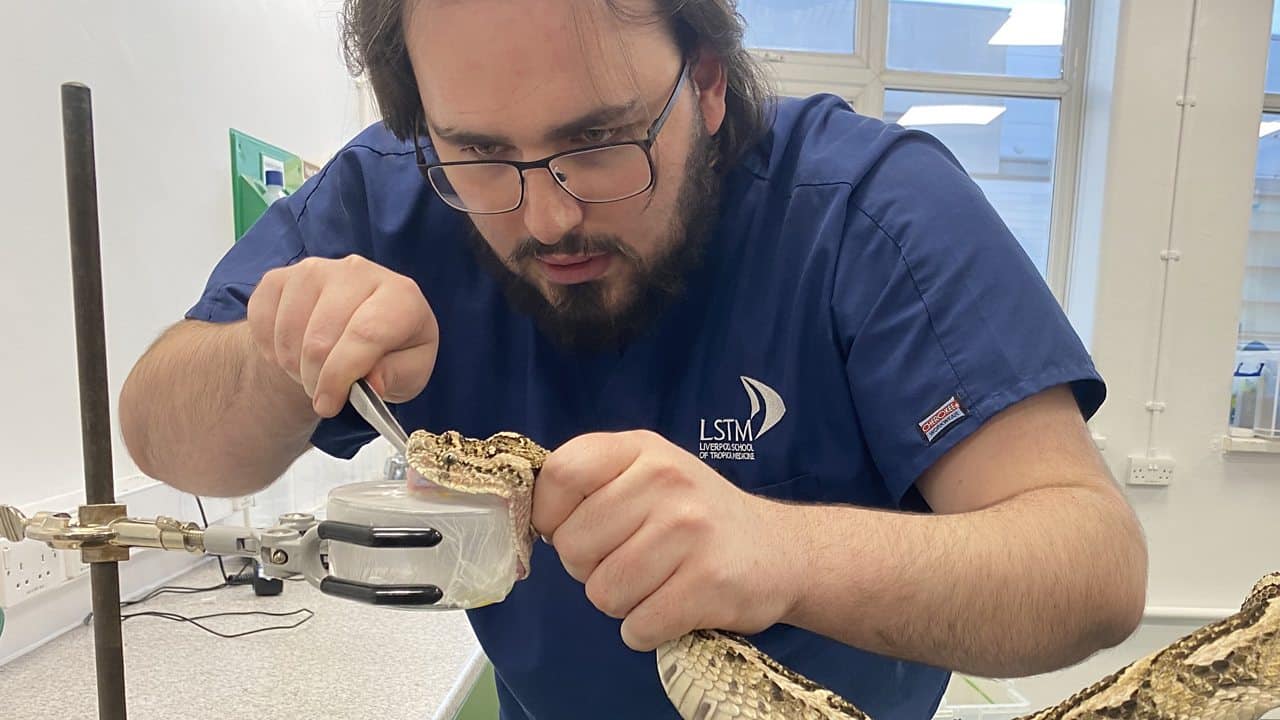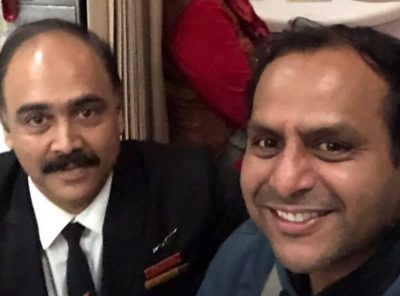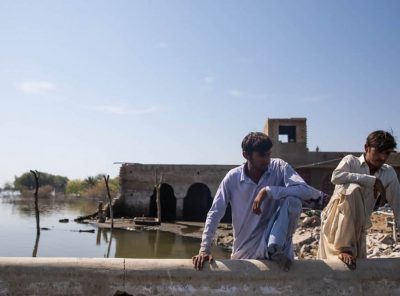The fight against snakebite, biting back.
In this week’s Health Check, we investigate why snakebite still disproportionately affects poorer, more rural communities, and what is being done to tackle the problem.
This program is available on the Health Check Page and is available NOW On-Demand until Wednesday the 22nd of February. It will also be broadcast on Sunday the 19th of February in Phuket at 8:00 AM on 91.5 FM and 102.5 FM and Online via the Internet radio portals.
Venomous snakebites are responsible for up to 150,000 deaths a year around the world – and they also leave around half a million survivors with life-changing injuries, including amputations and disfigurement.
A little girl with a snakebite, not once but twice
We’ll talk to a mother in Kenya whose little girl was bitten by a snake not once, but twice, and to a doctor about how it feels to save a life.
We’ll hear how anti-venoms are checked and how in many cases they are expensive and there are not enough supplies – and how some of them are not even effective.
Smitha Mundasad also visits the Centre for Snakebite Research and Interventions in Liverpool, England, where she gets to see a snake being “milked” for its venom – and she finds out how the next generation of anti-venoms is being created, with a little help from camels.
Join us on a journey crossing continents, from the front line of the fight against snakebite to the hunt for new therapies.
Presenter: Smitha Mundasad Producers: Gerry Holt & Julia Ravey
Image: Herpetologist Edouard Crittenden “milking” a snake for its venom.






